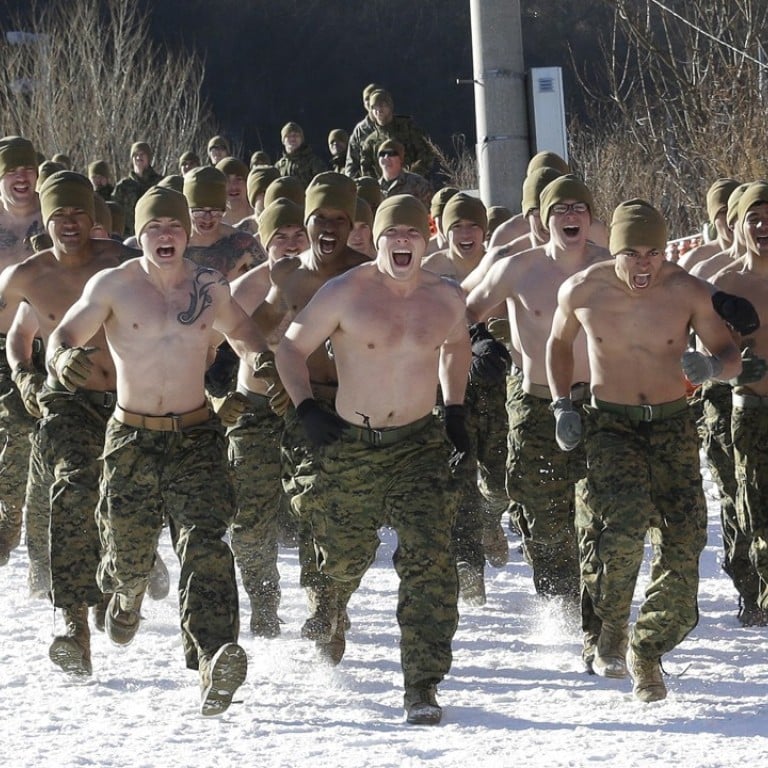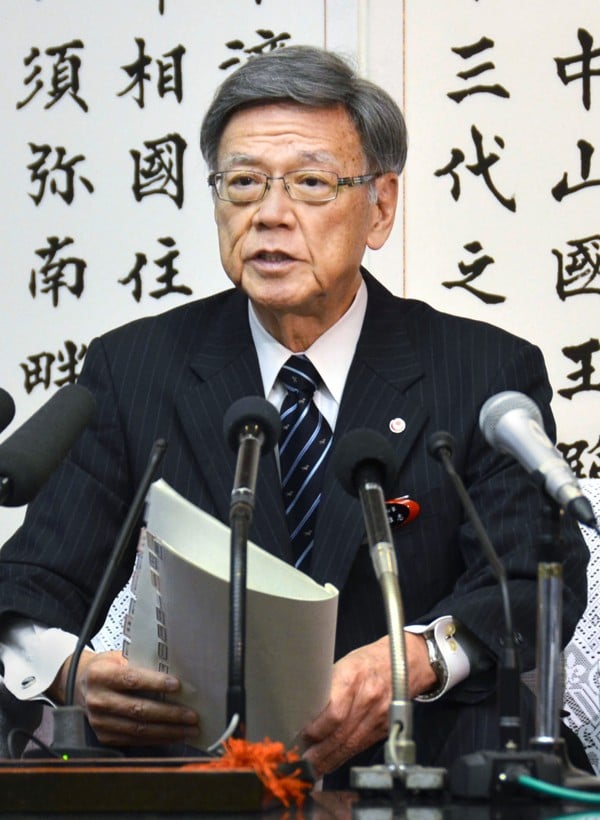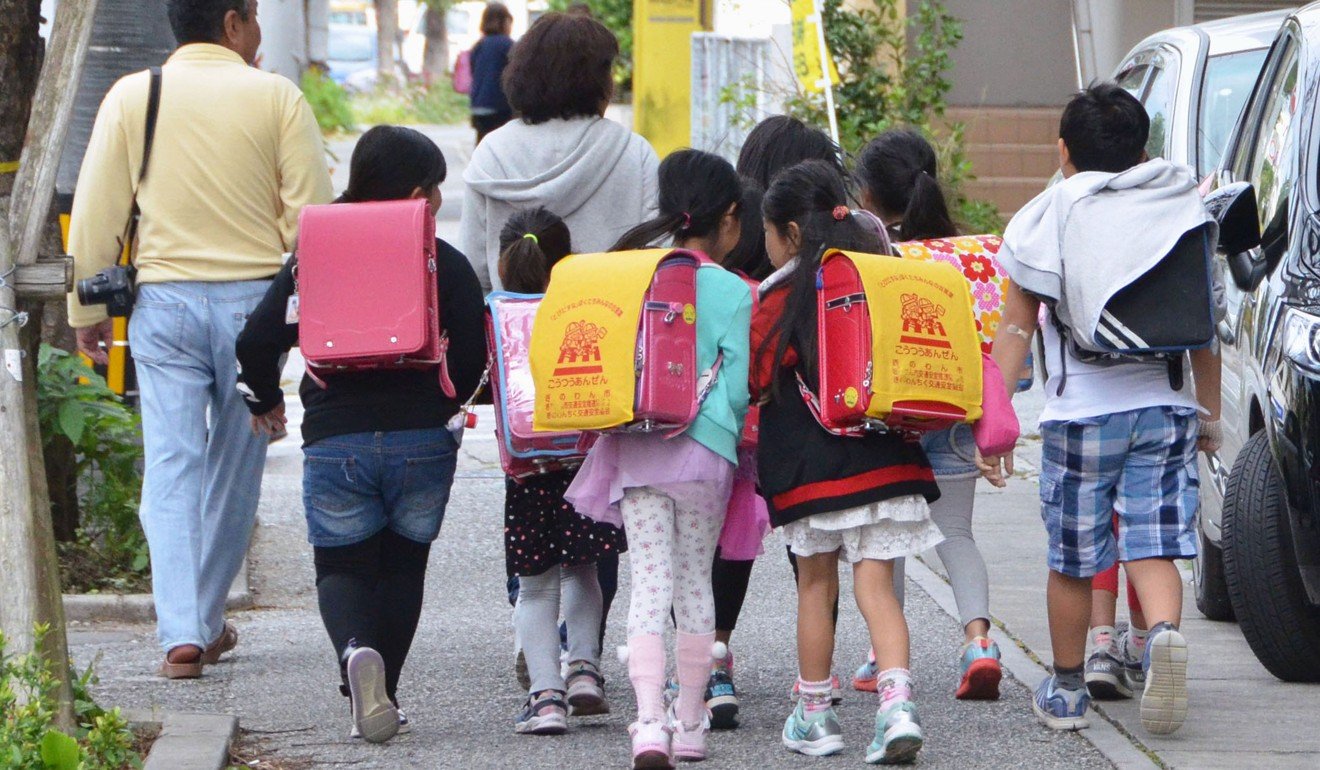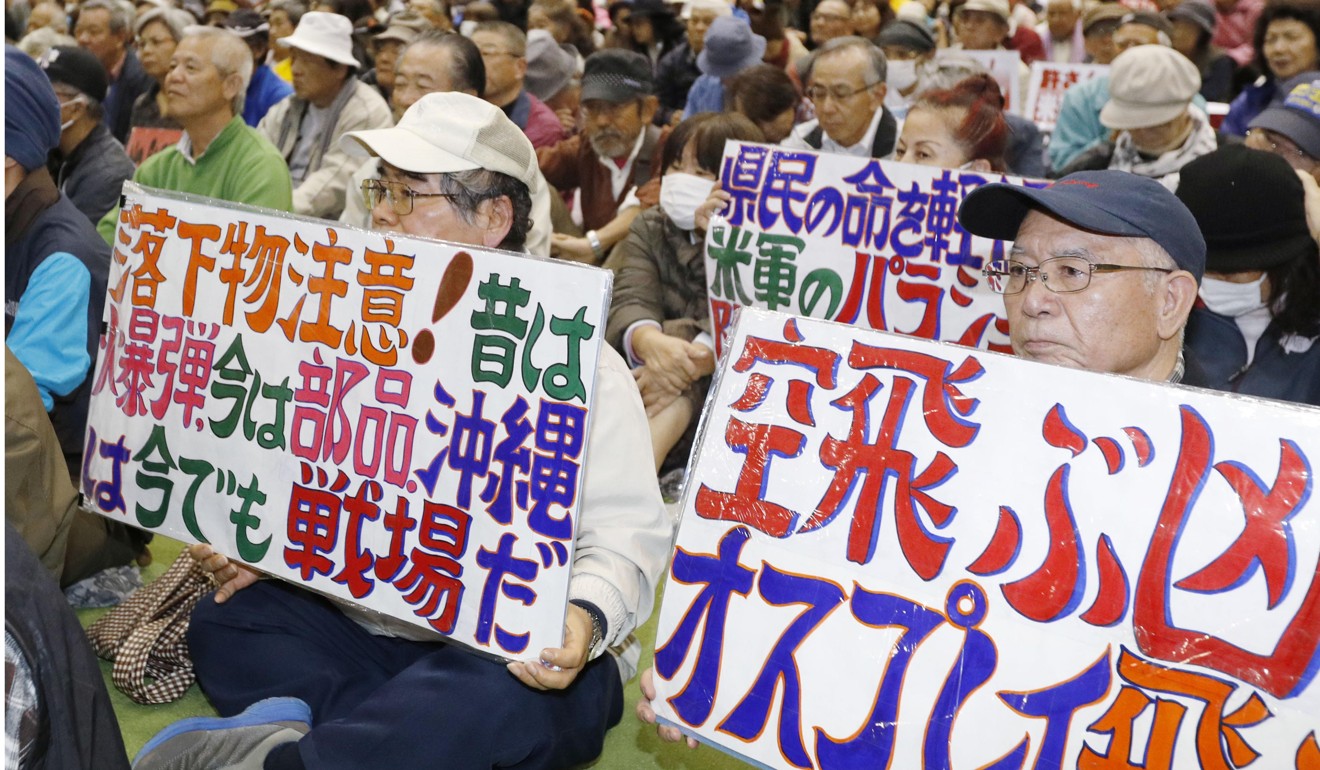
Anti-US rage: rapes, murders, accidents, and now this in Okinawa
A loose window falling off a transport helicopter on to a school playground adds fuel to protests against the long string of ugly incidents perpetrated by the US military in the Japanese prefecture
In the 10 months since Hiroji Yamashiro was arrested for protesting against the US presence in Okinawa Prefecture, military personnel have made the headlines more frequently than anyone would want.
In the latest ugly incident in mid-December, a window of a CH-33 transport helicopter came loose mid-flight and fell onto a playground, coming perilously close to schoolchildren and slightly injuring one child.

Takeshi Onaga, the prefectural governor, was quick to demand that all US aircraft in the prefecture be grounded and said the incident demonstrates that plans to close Marine Corps Air Station Futenma and move to another base in the northeast is merely transferring the risk.
Onaga and his supporters insist the only way to guarantee the safety of local people is for all US troops to leave Okinawa.
The accident followed a string of incidents that generated bad press about US military personnel.
Why is racism so big in Japan?
On November 19, 61-year-old Hidemasa Taira died after the car he was in was struck by a light truck driven by Nicholas James-McLean, 21, according to the Okinawa Prefectural Police. James-McLean, an off-duty US Marine, was arrested at the site of the accident on suspicion of negligent driving resulting in death and driving under the influence of alcohol.
The following day, the US military announced a ban on personnel in Japan drinking alcohol and Lieutenant General Lawrence Nicholson, the ranking commander of all US military forces in Okinawa, visited the offices of Onaga to express his deep regret over the incident and offer an apology to the family of the victim.

He also promised to intensify efforts to eradicate such accidents and other incidents involving US personnel.
Onaga, a vocal opponent of the large US military presence in the prefecture, appeared unmoved by the promises. He said efforts to date to stop service personnel from driving while under the influence of alcohol have been “extremely insufficient”. He added the people of Okinawa are “tired” of the promises of the US military that are quickly broken.
“We do not think you are ‘good neighbours’,” Onaga said.
Meet the ‘rough country boy’ standing up to US base plans in Japan
On December 1, the Naha District Court sentenced a former US Marine, Kenneth Franklin, to life in prison for killing a 20-year-old local woman as he attempted to rape her. Franklin, originally from New York, was working as a civilian contractor on bases in the prefecture when he attacked the woman with a metal bar in the city of Uruma on the night of April 28, 2016.
Franklin also stabbed the woman in the neck to ensure she would not resist, but he insisted at his trial he had not intended to murder her. Franklin has since appealed the court’s ruling.

For Okinawans, these incidents have deeply unpleasant echoes of earlier heinous crimes. According to local police statistics, 741 serious crimes involving US military personnel or civilian employees of the US forces or their relatives were investigated between 1972, when Okinawa reverted to Japanese control, and the end of 2015.
‘Chinese agent’ and other insults the Okinawa governor lives with for opposing US base
There were 574 convictions, including 129 for rape, 394 cases of burglary and 26 murders.
Arguably the most notorious case – one which still raises the hackles of Okinawans – was the abduction and rape of a 12-year-old girl by three US military personnel in September 1995.
The case led to huge protests against the US presence in the prefecture, with tens of thousands of demonstrators calling for the Status of Forces Agreement (SOFA), which governs the actions of US troops in Japan, to be revised.
‘Pollution by tourism’: How Japan fell out of love with visitors from China and beyond
The steady drip-drip-drip of incidents has again led to calls for SOFA to be amended. Onaga used the first visit to the prefecture by new Foreign Minister Taro Kono in early December to demand changes.
“People in Okinawa have been shocked and are enduring significant anxiety,” Onaga said.
He added that local people have criticised the pact on the grounds that it is “unfair” and overly protective of US service personnel and base workers who are involved in crimes or accidents. Within days of that meeting, the incident involving a US military helicopter added more fuel to the fire.

